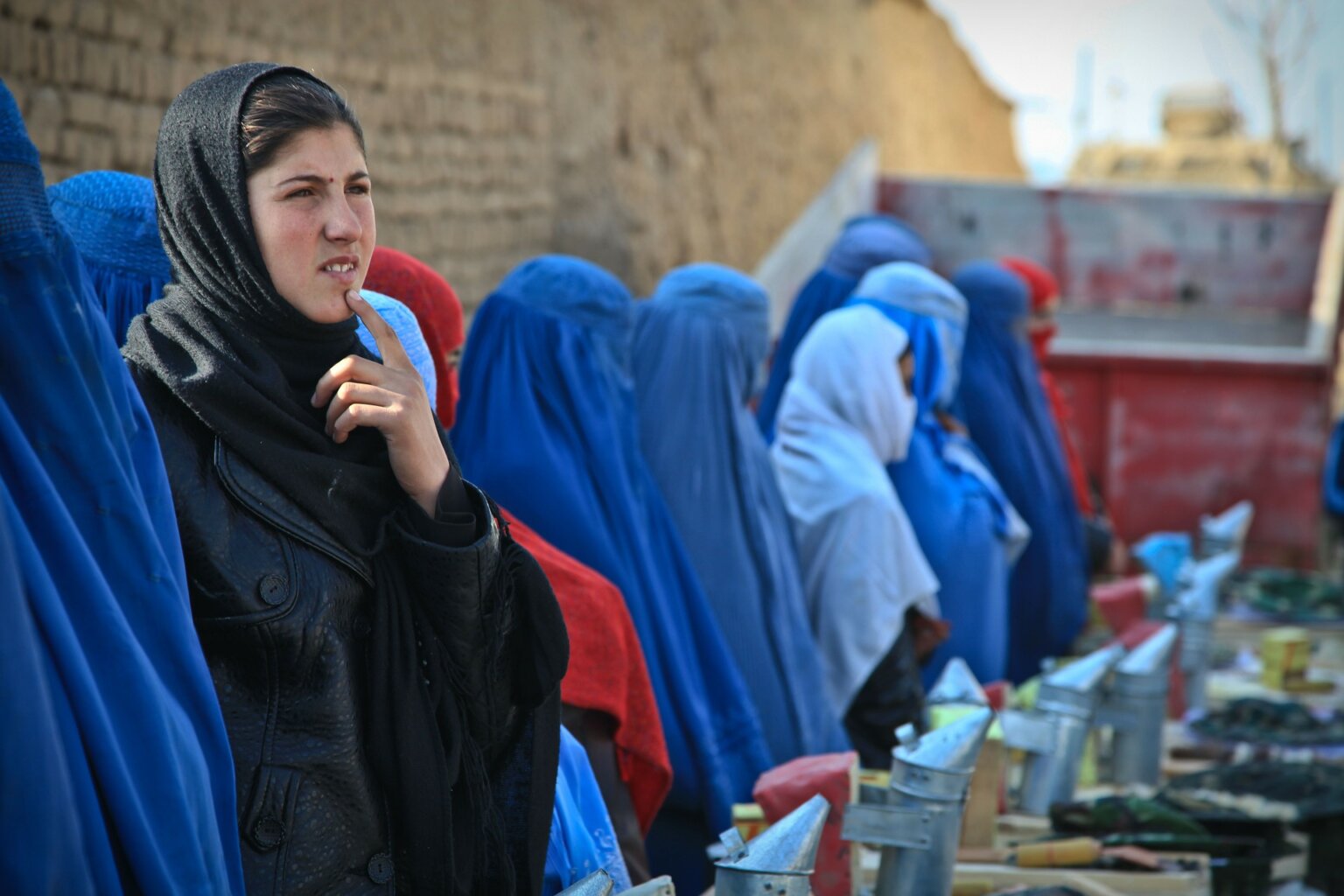- About
- Topics
- Picks
- Audio
- Story
- In-Depth
- Opinion
- News
- Donate
- Signup for our newsletterOur Editors' Best Picks.Send
Read, Debate: Engage.
| topic: | Transparency and Corruption |
|---|---|
| located: | Afghanistan, India |
| editor: | Manija Mirzaie |
The alleged gold smuggling scandal involving a former Afghan diplomat has laid bare the extent of corruption among many former Afghan politicians, whose greed for power and privileges is seen as a contributing factor to the failure of Afghanistan's democratic experiment.
Zakia Wardak, the Afghan consul-general for Mumbai, India, announced her resignation on her official account on the social media platform X after media reported last week that she was briefly detained at the airport on allegations of smuggling 25 bricks of gold, each weighing 1 kilogram, from Dubai.
According to Indian media reports, Wardak’s diplomatic status protected her from arrest.
Without mentioning her reported detention or gold smuggling allegations, Wardak said, “I am deeply sorry that as the only woman present in Afghanistan's diplomatic apparatus, instead of receiving constructive support to maintain this position, I faced waves of organised attacks aimed at destroying me.”
Wardak said the attacks have severely impacted her ability to “effectively operate” in her role. “[The attacks] have demonstrated the challenges faced by women in Afghan society." She added.
The statement was her first and only acknowledgement of women’s plight in Afghanistan. Wardak has never mentioned the country’s harsh gender apartheid.
Wardak was appointed consul-general of Afghanistan in Mumbai during the former government and was the first Afghan female diplomat to collaborate with the Taliban.
Her collaboration suggests her approval of the hardliner group's decisions, from abolishing the Ministry of Women's Affairs and banning girls from schools and universities to publicly thrashing women for dress code violations, enforcing forced marriages, prohibiting women from working jobs, and more. Until now, she has remained silent
Wardak is just one of several Afghan politicians who now live lavish lives in foreign capitals without accountability for their unimaginable wealth accumulated over the past few years while in power.
From lucrative mining contracts and running armed militias to committing murders and various human rights violations, those once in power were deeply involved, resulting in growing divisions within Afghan society. This ultimately contributed to the fall of democracy and the Taliban's return to power.
It has been almost three years since the West-backed democracy crumbled in Afghanistan, but there has been no soul-searching or confession of wrongdoing by the political elite.
Free and independent journalism is pivotal to documenting all moves of those in power now and those who are not.
Nobel Prize laureate Rigoberta Menchú said that “without strong watchdog institutions, impunity becomes the very foundation upon which systems of corruption are built. And if impunity is not demolished, all efforts to bring an end to corruption are in vain."
Image by Steve Bidmead.

